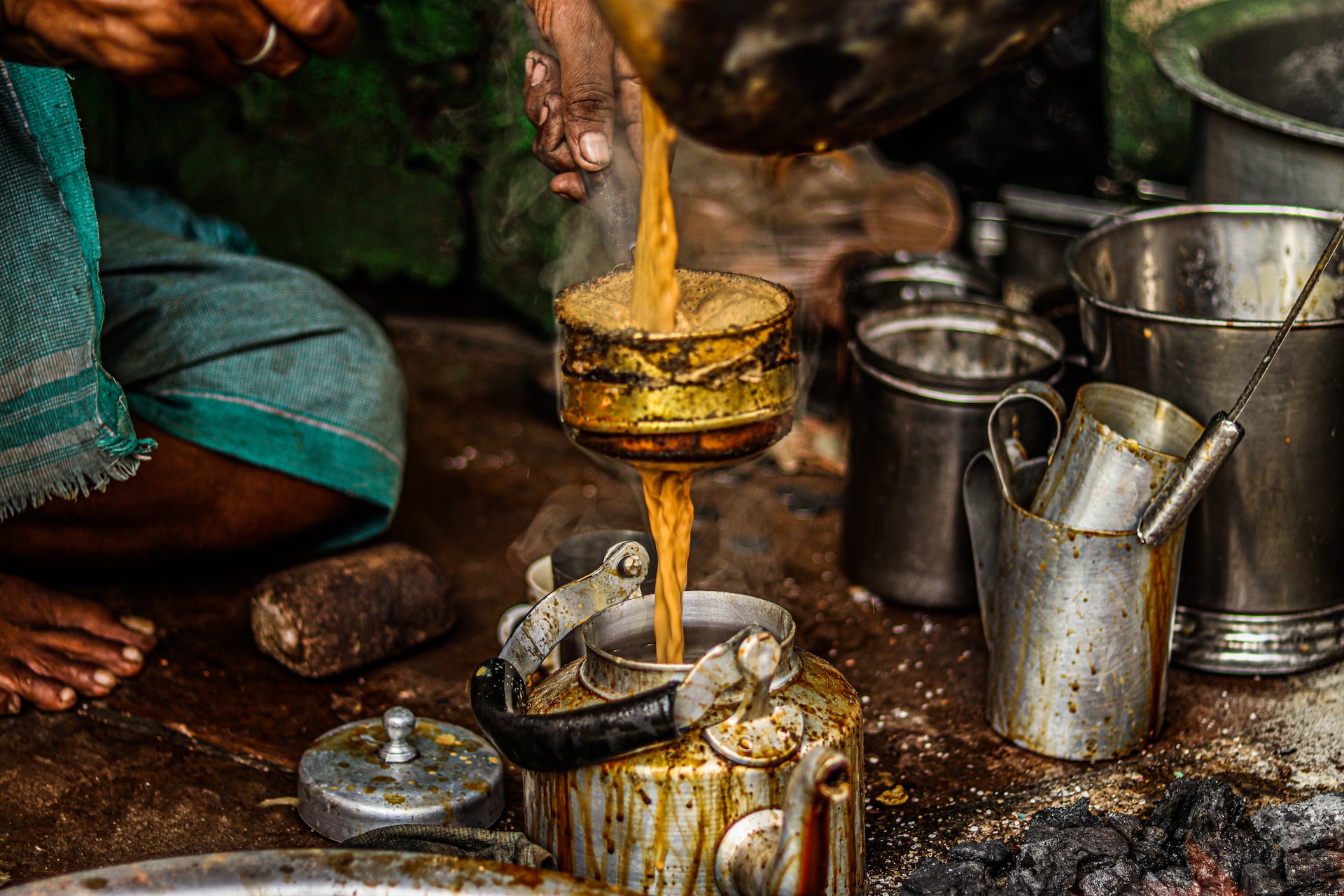The chai tapri uncle we visited every day during my girlfriend’s 10-day trip to Delhi saw her kiss me goodbye.
It was not a very sisterly act, as much as people thought or rather hoped we were. It was supposed be a chaste kiss on the cheek, while saying goodbye as I left for office. But even a supposedly chaste kiss or peck on the cheek is not entirely acceptable, or so we assumed.
Over the last few years I have come across a multitude of articles and posts on men in India holding hands. Two men holding hands was always a phenomenon to be speculated about, and one saw it everywhere. But two women holding hands? “That is just two sisters!”
My girlfriend once joked about how lesbians are just ‘sisters with benefits’ – not because those are her actual views, but how it is the most obvious perception of two women who seem to be in love. The relationship can only either be as best friends, though, even if it is remotely touchy, it immediately transcends to being sisterly relations. Unfortunately, the logic is such that only if you are bonded by blood, can you actually touch another woman and hold her hand in public.
My partner and I immediately stepped away from each other after we realised that Chai Uncle had seen us. The immediate reaction was to flee, to run from the spot in this day and age of constantly fearing some kind of extremist persecution.
But he just continued with his work while I left for the metro station, and she went home. The next morning, our hankering for the same chai led us to the same chai tapri again, although with great trepidation.
To our surprise, uncle didn’t even blink before giving us our chai in our preferred kulhads. He then launched into a story about weddings in his family and trips back home, and how they would affect business. We sat coyly on the bench, still unsure of his reaction. We were surprised, but also deeply touched. He never mentioned, nor gave any sign of having been ‘disturbed’ or taken aback by it, and that single incident is the greatest acceptance I have ever experienced as a queer individual.
In a conversation much later, over spilled drinks, with people who have been forebearers in the fight for acceptance, I spoke about this incident and expressed my gratitude for it. In a wonderful twist, someone told me that Chai Uncle maybe empathised because of reasons I may have never thought about. Maybe he knew someone who never came out for the fear of being persecuted, maybe he himself went through it. Or maybe, he was just a wonderfully accepting person who let us be on that bench that day, and acknowledged us for who we were.
We will never know, but for what it is worth, a mutual respect for love made it possible for my girlfriend and I to sit there and revel in the feeling of it along with the Chai Uncle. It was to process, to revel in, and to finally accept being accepted.
A queer architect, urban researcher, and visual communicator, Ujjvala Krishna works in housing research and is keen to explore the connections between the built and policy, and all the mundane negotiations involved in the navigation of space.
Featured image: Swastik Arora / Unsplash

